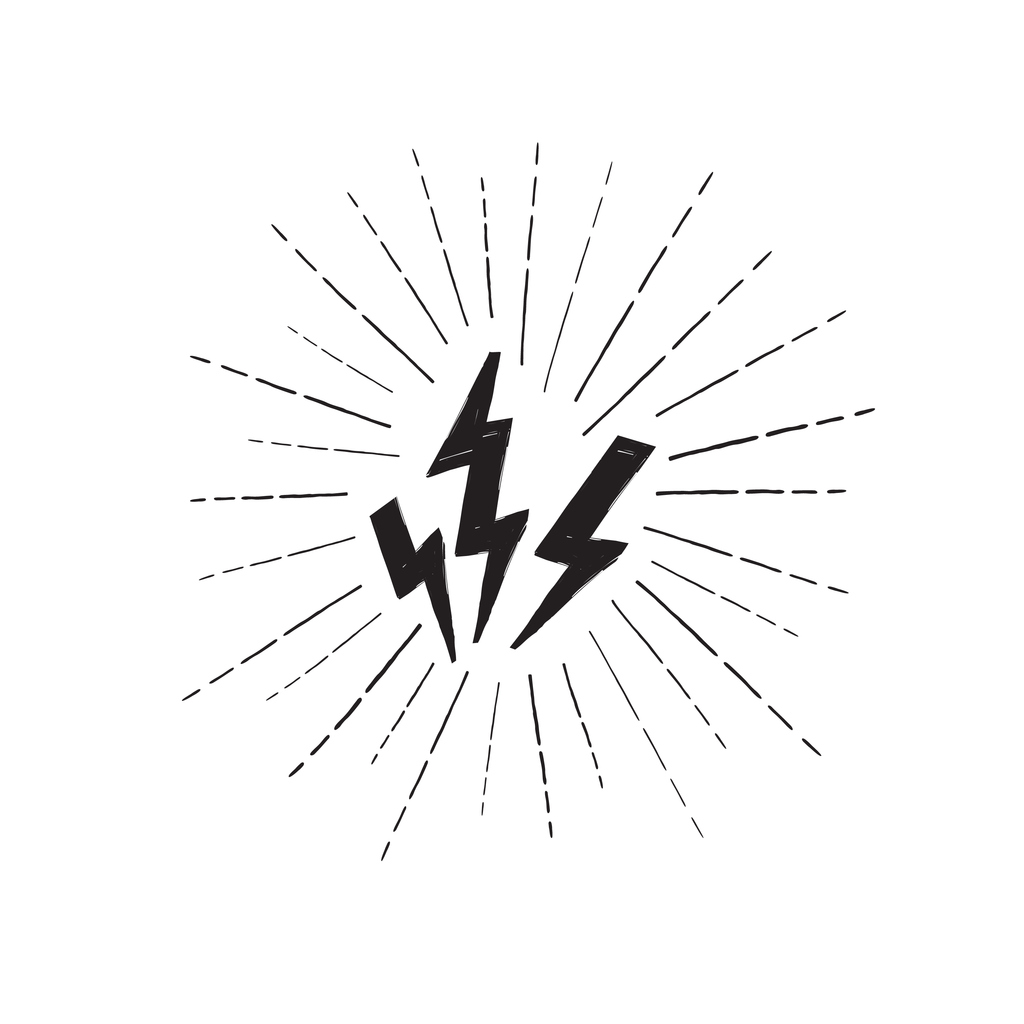We do not often blog on the issue of dietary supplements but in this case the FDA is making a serious point by issuing a guidance entitled “Highly Concentrated Caffeine in Dietary Supplements” which can be found here. This comes after several deaths from consumers taking lethal doses of pure or highly concentrated powers or liquid caffeine containing products.
FDA notes that some previously marketed bulk products (FDA has recently taken action against their marketing) contain many multiple doses of caffeine in a relatively small amount of product. The FDA does not believe that, for instance, a consumer can adequately measure a correct amount of the bulk that contains a safe dose as suggested doses in some of the products represent “1/64 of a teaspoon (50 mg of powder) to 1/16 of a teaspoon (200 mg of powder)”. It is unlikely that consumers would have a Mettler balance to accurately weigh out the proper dose and while some of the products can with very small measuring devices, the Agency was skeptical of their proper use and the potential for harm. FDA has declared that some of these products “meet the standard for adulteration under section 402(f)(1)(A) of the FD&C Act. Under section 301(a) of the FD&C Act [21 U.S.C. § 331(a)], adulterated products may not be introduced or delivered for introduction into interstate commerce”, due the potential safety issue from accidental and potential fatal overdose from even slight errors in measurement.
FDA states, “[S]ome of the pure or highly concentrated powdered caffeine products bear warning statements on their package labeling and/or websites. However, FDA considers many of these products to be sufficiently dangerous such that a warning cannot remedy the adulteration. Bulk powdered caffeine products are sold to consumers in packages as large as 10 kilograms, which contains the equivalent to more than 10,000 recommended servings of the product. A bulk product of that size contains hundreds of potentially lethal doses. For a number of reasons, no warning statement on the labeling of these products is adequate to prevent the products from being adulterated under section 402(f)(1)(A) of the FD&C Act”.
FDA notes that many of the same issues are associated with highly concentrated liquid containing caffeine products. The agency does however recognize the use of caffeine as a stimulant product which can be used safely when given in the right dose and with the potential toxicity issues diminished by providing the product with certain limitations. Those limitations and FDA expectations that will potentially ensure the proper use of caffeine as a dietary supplement and will not cause the products to be adulterated in most instances are listed as follows:
- Dietary supplements sold in solid dosage forms, such as tablets or capsules that do not provide an excessive amount of caffeine per item. Products in these forms eliminate the need for a consumer to accurately measure the appropriate serving.
- Dietary supplements containing powdered or liquid caffeine (either diluted or undiluted) that are sold in premeasured packets or containers, with each premeasured unit containing an amount of caffeine that is not excessive. Products that are sold in pre-measured quantities eliminate the need for a consumer to measure the appropriate amount.
- Bulk powdered or liquid caffeine dietary supplement products that have been significantly diluted to low enough concentrations of caffeine, such that a reasonably foreseeable measurement error, misreading of the directions, or misunderstanding about the nature of the product would not normally be expected to lead to toxic or life-threatening symptoms.
Be careful out there, the jolt could result in more than you bargained for. Remember your morning Joe usually contains just about 95 mg of caffeine!



